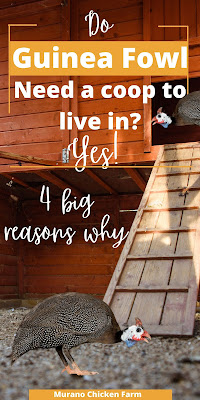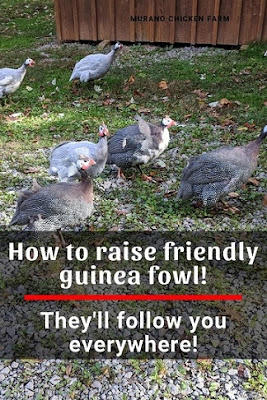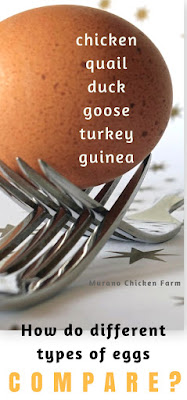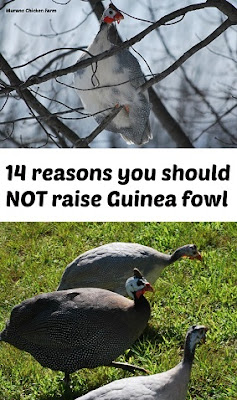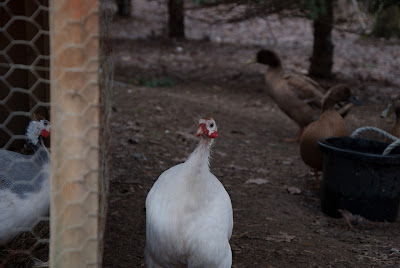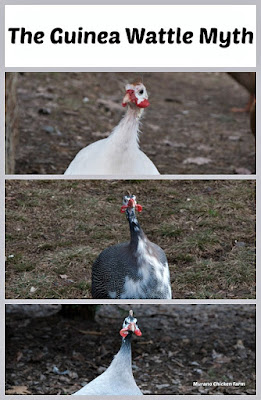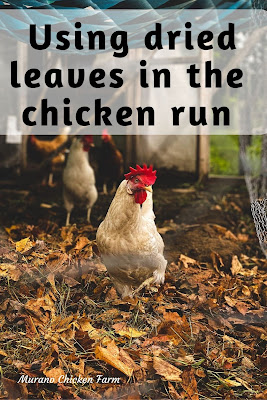I was recently chatting with some people about guinea fowl and one of them mentioned that she was thinking about getting guineas instead of chickens because they don't need a coop. This is the first I had ever heard of Guinea's not having a coop to live in.
Obviously we had a discussion about it and I pointed out that yes Guinea fowl actually do need a coop to live in. I started looking into it a little bit after that though and found out that there are a lot of people that believe that guineas do not need a chicken coop to live in. Guinea coop if you will. There are a lot of reasons why that's wrong and I'd like to talk about those today.

